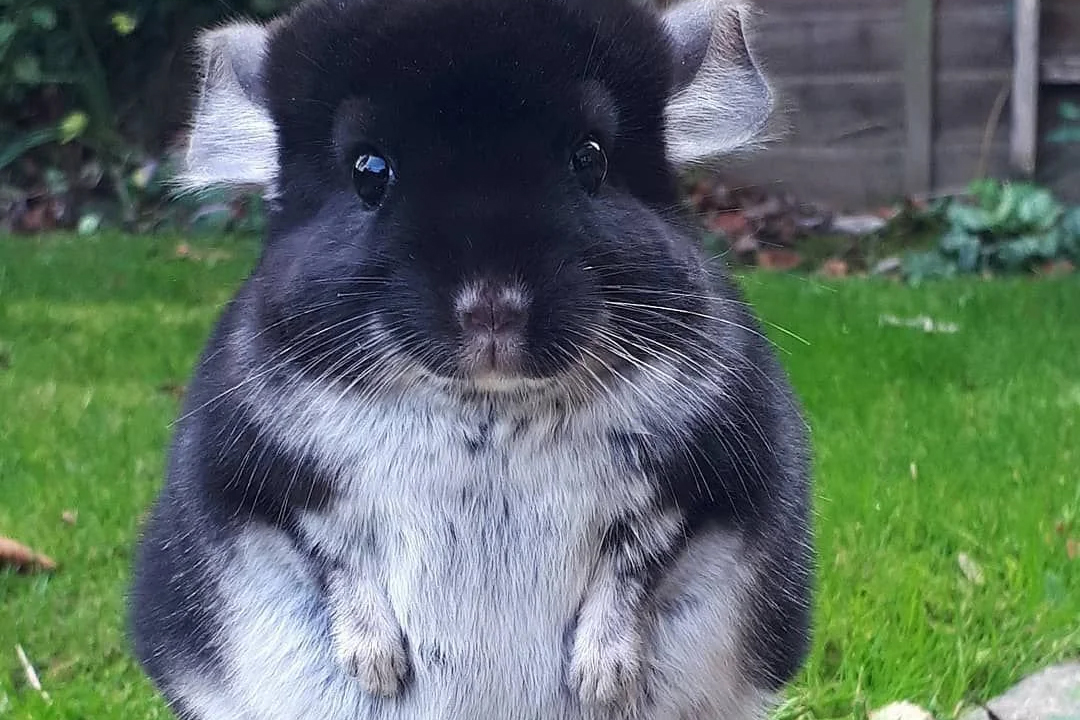Chinchillas are adorable and friendly creatures that make great pets. However, they are susceptible to various health problems, and one of them is diabetes. Diabetes is a condition that affects the body’s ability to regulate blood sugar levels. In this article, we will discuss the causes, symptoms, and cure of diabetes in chinchillas.
What is Diabetes in Chinchillas?
Diabetes is a condition that affects the regulation of blood sugar levels in the body. When a chinchilla has diabetes, its body either cannot produce insulin or cannot use it effectively. Insulin is a hormone produced by the pancreas that helps regulate blood sugar levels in the body.
There are two types of diabetes that can affect chinchillas:
- Type 1 Diabetes: This occurs when the pancreas cannot produce enough insulin.
- Type 2 Diabetes: This occurs when the chinchilla’s body cannot use insulin effectively.
Causes of Diabetes in Chinchillas
The exact cause of diabetes in chinchillas is unknown. However, some factors that may contribute to the development of the disease include:
- Genetics: Some chinchillas may have a genetic predisposition to diabetes.
- Obesity: Chinchillas that are overweight are more likely to develop diabetes.
- Poor Diet: A diet high in sugar and carbohydrates can increase the risk of diabetes in chinchillas.
Symptoms of Diabetes in Chinchillas
Diabetes in chinchillas can be difficult to diagnose as symptoms may not appear until the disease has progressed. However, some common symptoms of diabetes in chinchillas include:
- Increased Thirst: Chinchillas with diabetes may drink more water than usual.
- Increased Urination: Chinchillas with diabetes may urinate more frequently.
- Weight Loss: Despite an increase in appetite, chinchillas with diabetes may lose weight.
- Weakness: Diabetes can cause weakness in chinchillas, which can make them less active than usual.
- Fatigue: Chinchillas with diabetes may appear lethargic or tired.
- Wounds That Do Not Heal: Diabetes can impair the chinchilla’s immune system, making it harder for wounds to heal.
Diagnosing Diabetes in Chinchillas
If you suspect that your chinchilla has diabetes, you should take it to a veterinarian who specializes in exotic pets. The veterinarian will perform a physical exam and blood tests to determine if your chinchilla has diabetes.
Treatment Options for Diabetes in Chinchillas
There is no cure for diabetes in chinchillas, but the disease can be managed with proper treatment. Treatment options for diabetes in chinchillas may include:
- Insulin Injections: Chinchillas with Type 1 Diabetes may require insulin injections to regulate their blood sugar levels. The veterinarian will teach you how to administer the injections, which are usually given under the skin.
- Diet Modification: Chinchillas with diabetes may benefit from a diet that is low in sugar and carbohydrates. The veterinarian may recommend a specific diet for your chinchilla.
- Exercise: Regular exercise can help improve the chinchilla’s insulin sensitivity and lower blood sugar levels.
- Monitoring: Regular blood sugar monitoring is important to ensure that the chinchilla’s blood sugar levels remain stable.
Preventing Diabetes in Chinchillas
- Feeding a Balanced Diet: A balanced diet is essential for preventing diabetes in chinchillas. Chinchillas require a diet that is high in fiber and low in sugar and carbohydrates. Feeding them a high-quality diet that consists of hay, fresh vegetables, and a limited amount of pellets can help prevent obesity and maintain healthy blood sugar levels.
- Exercise: Providing your chinchilla with plenty of opportunities to exercise can help prevent obesity and diabetes. Make sure your chinchilla has plenty of space to run and play in its cage, and consider providing it with toys and climbing structures.
- Regular Check-Ups: Take your chinchilla for regular check-ups with a veterinarian who specializes in exotic pets. The veterinarian can help identify any health problems early on and provide treatment if necessary.
- Monitor Weight: Regularly monitor your chinchilla’s weight to ensure that it is maintaining a healthy body weight. If your chinchilla is overweight, talk to your veterinarian about a weight loss plan.
Diabetes is a serious health condition that can affect chinchillas. While there is no cure for diabetes in chinchillas, it can be managed with proper treatment and care. By providing your chinchilla with a balanced diet, regular exercise, and regular check-ups, you can help prevent diabetes and other health problems. If you suspect that your chinchilla has diabetes, take it to a veterinarian who specializes in exotic pets for diagnosis and treatment.







